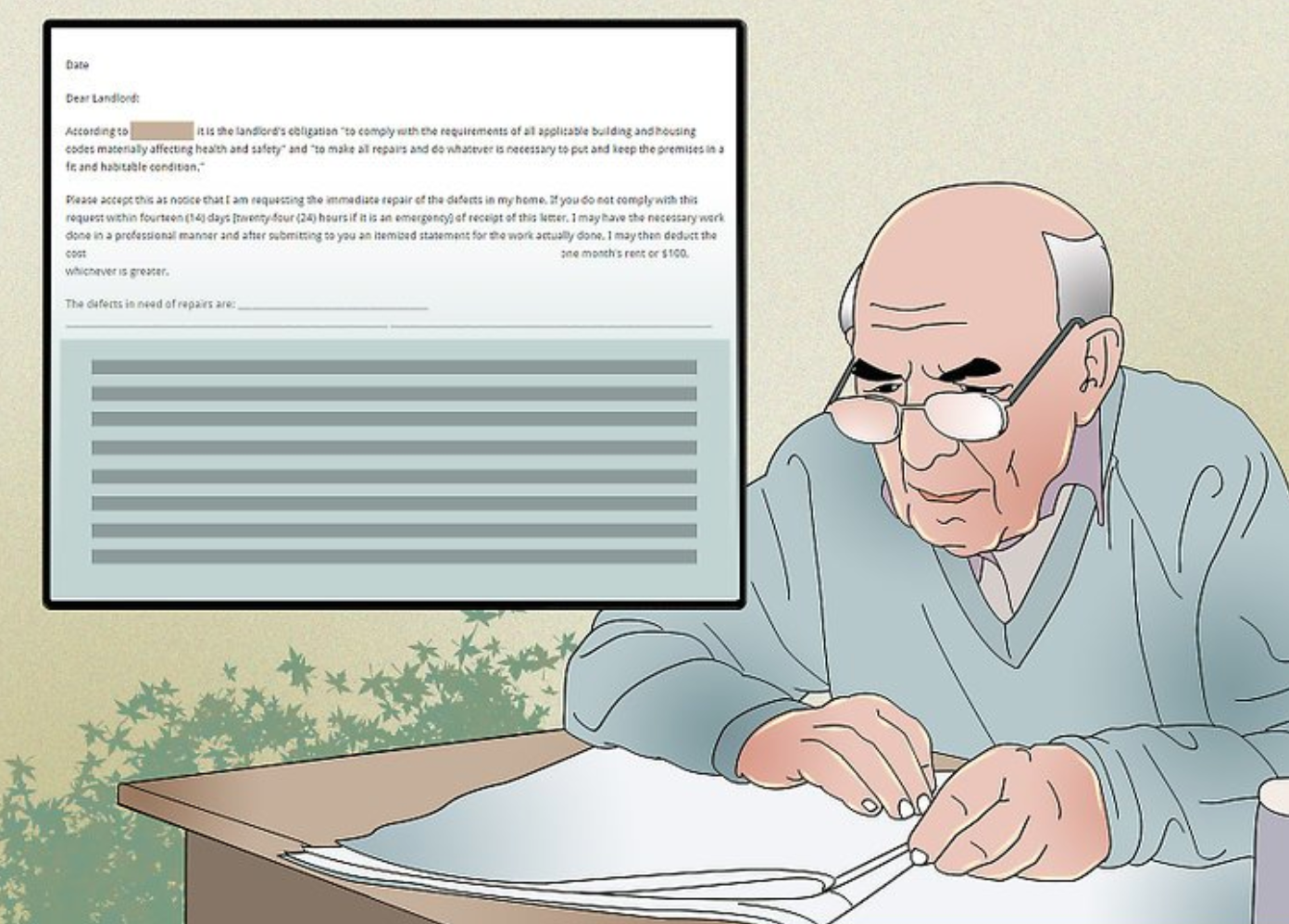The media is finally talking about the impending economic doom that is going to inevitably crush the American people, caused by their decision to shut down the country.
The media however is not apologizing for doing this to people, and is instead pretending that it was somehow inevitable and no one is to blame for it.
Just as an example, CNN has a big article up talking about how this lockdown has destroyed countless lives, but at no point do they say, “some in the media are wondering if it was worth destroying people’s lives, in order to protect them from catching the flu.”
The media won’t ever reflect on this, because the media exists as an enforcement arm of government policy.
CNN:
Millions of struggling renters will likely be protected from eviction — at least for another month.
The stimulus bill that was passed by Congress late Monday night extends a national ban on evictions until January 31. The moratorium, which was put in place by the Centers for Disease Control and Prevention in September to stop the spread of the coronavirus, was initially set to expire at the end of this month.
The package also provides $25 billion in emergency rental assistance. But the relief bill still needs to be signed by President Trump.
Should the package go through, neither of the measures will likely be enough to keep the most at-risk renters in their homes past January.
“While extending the CDC eviction moratorium for just one month is insufficient to keep people housed for the duration of the pandemic, the extension provides essential and immediate protection for millions of renters on the verge of losing their homes in January,” said Diane Yentel, president and chief executive of the National Low Income Housing Coalition.
More like “Diane Yenta.”
Am I right?
An estimated 9.2 million renters who have lost income during the pandemic are behind on rent, according to an analysis of Census data by the Center on Budget and Policy Priorities.
Once the moratoriums are lifted, many of these renters will be expected to pay their entire back rent or come up with some sort of payment plan with their landlord — or they could face losing their home.
CNN Business spoke with several renters who have been struggling to afford their monthly payments as a result of the pandemic.
‘Money is piling up against me’
Kelly Green, who lives in a $1,429-a-month apartment in Daytona Beach, Florida, has not been able to pay rent since September.
“The only reason I have a roof over my head is because of the eviction moratorium,” Green said.
Green makes her living selling rhinestone- and sequined-biker apparel at motorcycle rallies and other festivals.
After the shutdown in March, there were no festivals, no events and she had no income. Still, she cobbled together her savings, stimulus payment, rent relief and unemployment insurance payments and managed to get current on her rent through July. But she didn’t know how she’d make ends meet after the $600 a week supplemental unemployment support ended.
Green heard about a coronavirus-related rent relief fund offered by Volusia County, where she lives. She applied for assistance and was awarded $4,500 for three months’ rent.
“I thought, ‘Great!’ that will pay a few months’ rent, and I can move out in November when my current lease is over and I’ll still have a good credit rating that will allow me to rent myself another apartment,” she said.
But there was a snag: The Volusia County rent assistance program requires tenants to have been current on rent as of March 13, 2020. Green was behind on her rent in February and, as a result, her apartment complex wouldn’t accept the aid.
Without that money, Green was unable to pay full rent for October, November or December. And since she overstayed her lease in November, she’s now on a month-to-month lease that is $500 more expensive a month.
“Even if the moratorium is extended, money is piling up against me,” she said. “What would help me the most is if I receive a check for rental assistance for three months, that they take it.”
She knows it doesn’t make sense to stay and watch the amount she owes grow, but she said she doesn’t know where she’ll go without putting friends and family at risk of coronavirus exposure.
“It totally depresses you,” she said. “You feel like giving up. Where will I go when the CDC order expires, and I have this eviction on my record?”
So, CNN is presenting this woman as an example of the norm for millions of Americans – this is an accurate presentation. Millions of people are in this same situation, due to the lockdown.
The media is only just now beginning to talk about the longterm fallout of this lock decision they made. It was important, in the first months of this agenda, to keep the economics of it out of people’s brains, because if the facts of reality had been frankly presented, a lot of people would have said, “sure, I’m afraid of the flu, but I’m not that afraid.”
For months and months, they were saying that the economy would “bounce back next year.” Now they’re admitting: “haha, well, actually…”
They’re still not admitting the extent of it, instead focusing on these lower middle class cases.
The New York Times, which is also still pushing the “bounce back” theory, has a piece up this week about “performers” losing work.
But it is so very too late to do anything, that they are now going to start telling you how bad it is. Slowly.
CNN is also playing up the real value of pods.



